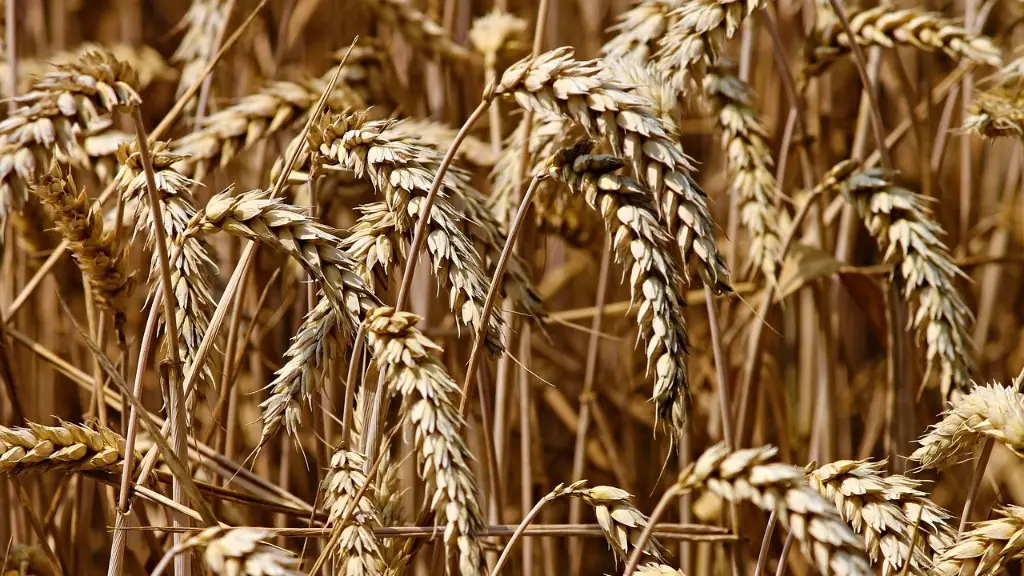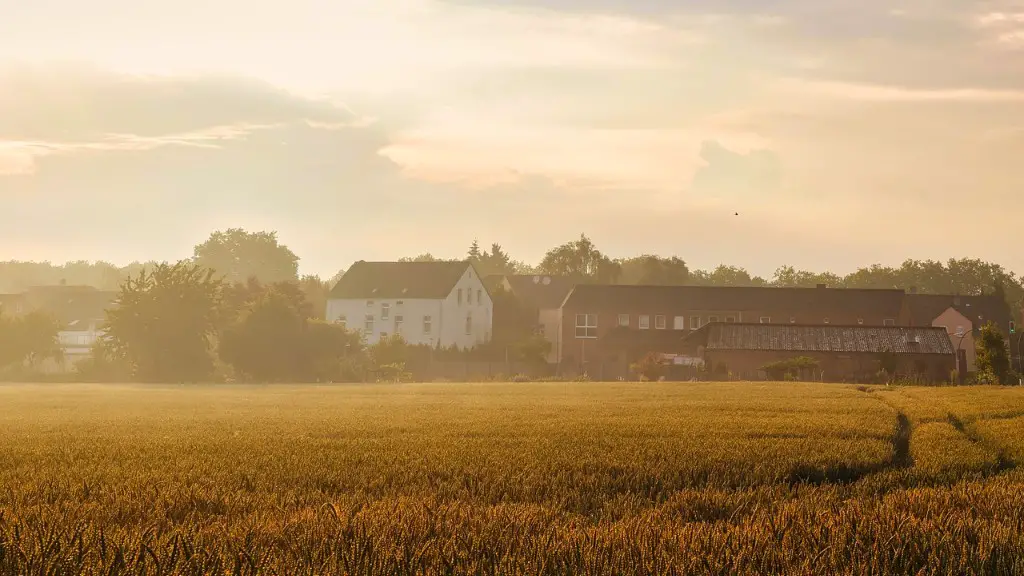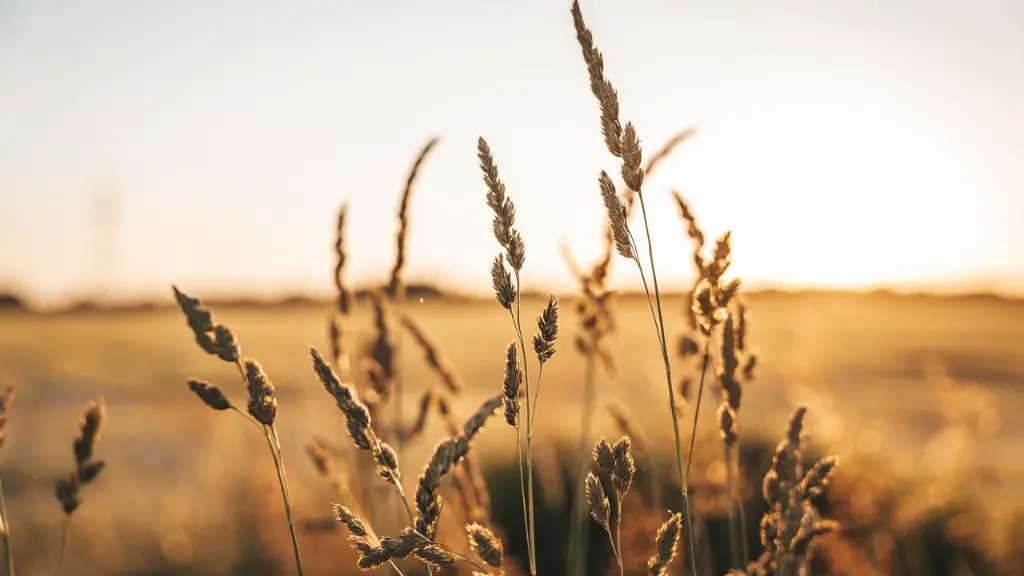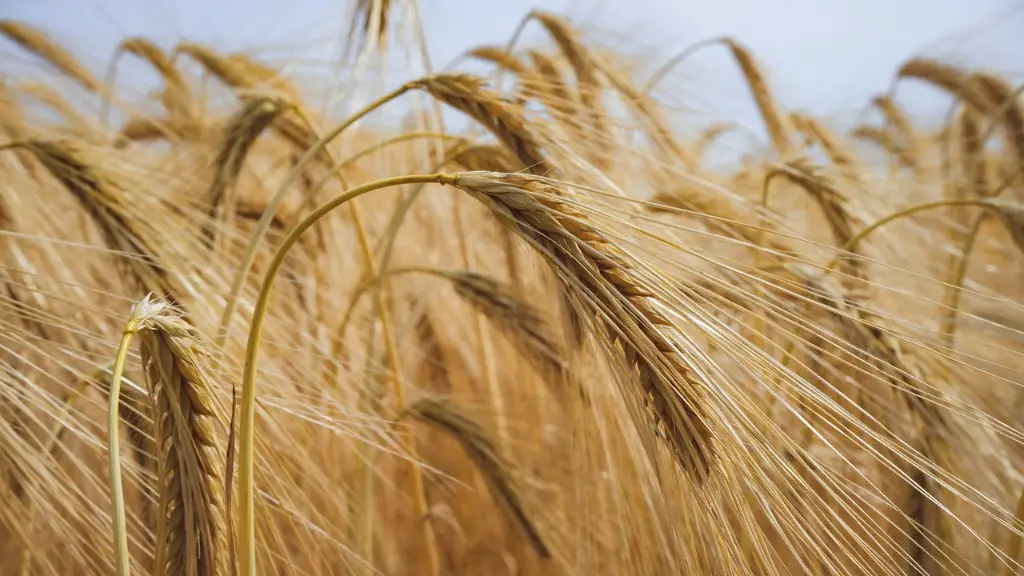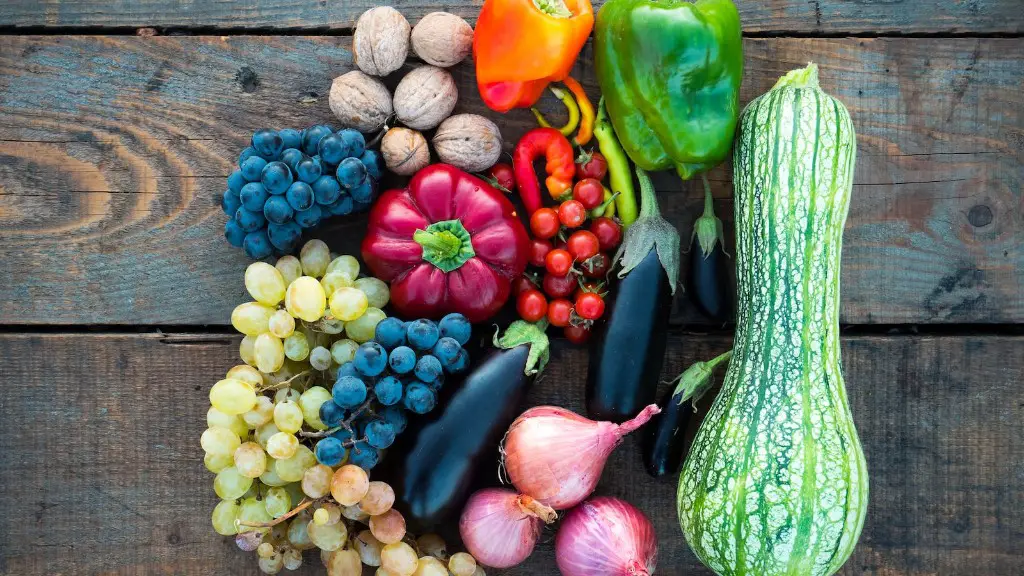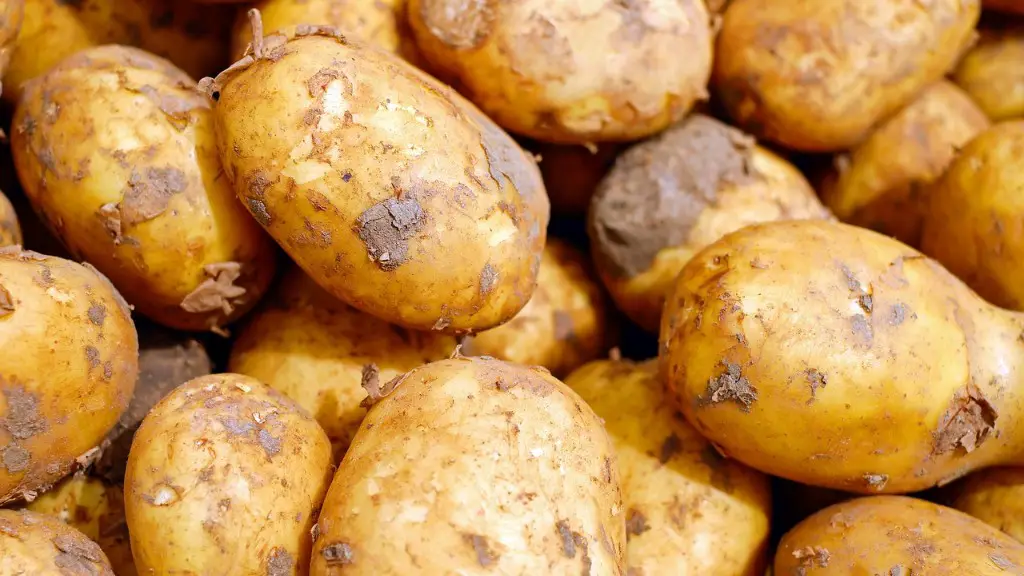The god of agriculture in Greek mythology is Demeter. She is the daughter of Cronus and Rhea, and the sister of Zeus, Poseidon, and Hades. Demeter is the goddess of the harvest, and is responsible for the growing of plants and fruits.
The god of agriculture in Greek mythology is usually considered to be Demeter.
Who is the Roman god of agriculture?
Ceres was a goddess of agriculture, grain crops, fertility and motherly relationships in ancient Roman religion. She was the only one of Rome’s many agricultural deities to be listed among the Dii Consentes, Rome’s equivalent to the Twelve Olympians of Greek mythology.
Demeter is an important goddess in Greek mythology, associated with agriculture, fertility, and the harvest. She is often portrayed as a mother figure, caring for the land and its bounty. Demeter is a popular goddess in many modern pagan traditions, and is still honored in some agricultural communities.
Who are the Greek Gods of harvest
Demeter is an important figure in Greek mythology, as she is the goddess of the harvest and of fertility. The Greeks believed that she taught man the art of growing and harvesting, which is how humanity began to farm. She is a popular figure in art and literature, and her story is an important part of Greek mythology.
Apollo is one of the most important and complex of the Olympian deities in classical Greek and Roman religion and Greek and Roman mythology. The ideal of the kouros (a beardless, athletic youth), Apollo has been variously recognized as a god of music, truth and prophecy, healing, the sun and light, plague, poetry, and more. Apollo is the son of Zeus and Leto, and has a twin sister, the chaste huntress Artemis. Apollo is known in Greek-influenced Etruscan mythology as Apulu.
As the patron of Delphi (Pythian Apollo), Apollo was an oracular god—the prophetic deity of the Delphic Oracle. Medicine and healing are associated with Apollo, whether through the god himself or mediated through his son Asclepius. Apollo is the driver of the sun chariot in Greek mythology.
Apollo was worshiped in both ancient Greek and ancient Roman religion, as well as in the modern Greco-Roman Neopaganism. Major festivals for Apollo were the Boedromia, the Delia, and the Pythia, and there were many others.
Who are the gods of Farming?
Demeter is the Greek goddess of agriculture and fertility. She is the daughter of the Titans Cronus and Rhea, and the sister of Zeus, Poseidon, and Hades. Demeter is associated with the harvest, agriculture, and fertility. She is also the protector of marriage and motherhood.
Neper was an important god in ancient Egyptian religion, associated with grain and agriculture. His female counterpart was Nepit, and his consort may have been Tayt, the goddess of weaving. Neper was responsible for the fertility of the land, and was therefore an important figure in the agricultural cycle. He was also associated with the Nile, which was vital to Egyptian agriculture.
Who is the male god of plants?
Dionysus is the god of wine and ecstasy, and is especially known for his association with these two things. He is also a nature god, and is associated with fruitfulness and vegetation. In Greco-Roman religion, he is also known as Bacchus or Liber Pater.
Lugh is known as the god of the harvest and is associated with midsummer and the beginning of the harvest season. He is also the namesake of Lughnasadh, the festival that marks the beginning of the harvest season. This makes his name associated with the time when crops are flourishing and ready to be taken from the ground.
Who is the goddess of growing plants
Ceres is the goddess of the growth of food plants, and is worshipped either alone or in association with Tellus, the goddess of the earth. Ceres is thought to have originated in Sicily or Magna Graecia, and her cult has been largely overshadowed by that of Demeter.
Demeter was the Ancient Greek goddess of the harvest. She was a very important goddess to Ancient Greek people, who farmed a lot of their food. Demeter had a kind and beautiful daughter, called Persephone, who she loved very much.
Who is the god of good harvest?
Demeter is the Greek goddess of harvest, agriculture, and the cycle of life and death. She is credited for creating the seasons, which was a result of her daughter, Persephone, being stolen by Hades. In addition to harvest, Demeter is also responsible for fertility and cycles of growth and decay.
Demeter is one of the most important Olympian goddesses in ancient Greek religion and mythology. She is the goddess of the harvest and agriculture, presiding over crops, grains, food, and the fertility of the earth. Demeter is also the mother of Persephone, the queen of the underworld.
What is Apollo a god of
Apollo was one of the most important gods in Greek mythology and was associated with a wide range of different areas. He was originally the god of music, poetry, and art, but later came to be known as the god of prophecy, truth, archery, plague, and healing. He was also associated with the sun and light, although the original sun god was the titan Helios. However, people eventually forgot about Helios and started to associate Apollo with the sun instead.
There are a few key differences between Helios and Apollo, the most notable being that Helios is the personification of the sun while Apollo is the god of archery, music, and a few other traits. However, the names Helios and Apollo both relate to the god of the sun in Greek mythology. Helios was said to drive a chariot across the sky each day, and his sister, Selene, drove a chariot across the night sky. Apollo, on the other hand, was often associated with the rays of the sun and was said to bring light and civilizations.
Who is the Greek god of food and cooking?
Hestia is the Greek goddess of the hearth. Her symbols include the hearth and its fire. She is the daughter of Cronus and Rhea, and the sister of Demeter, Hera, Hades, Poseidon, and Zeus. Hestia is the patron goddess of the city of Athens.
King is best remembered for his work on traditional agricultural practices in Asia. His work is considered an important contribution to the organic farming movement. King was a field agricultural scientist and spent 14 years working in Asia. He documented a wide range of traditional agriculture practices, including crop rotation, irrigation, and soil fertility management.
Final Words
The god of agriculture in Greek mythology is Demeter.
The god of agriculture in Greek is unknown.
